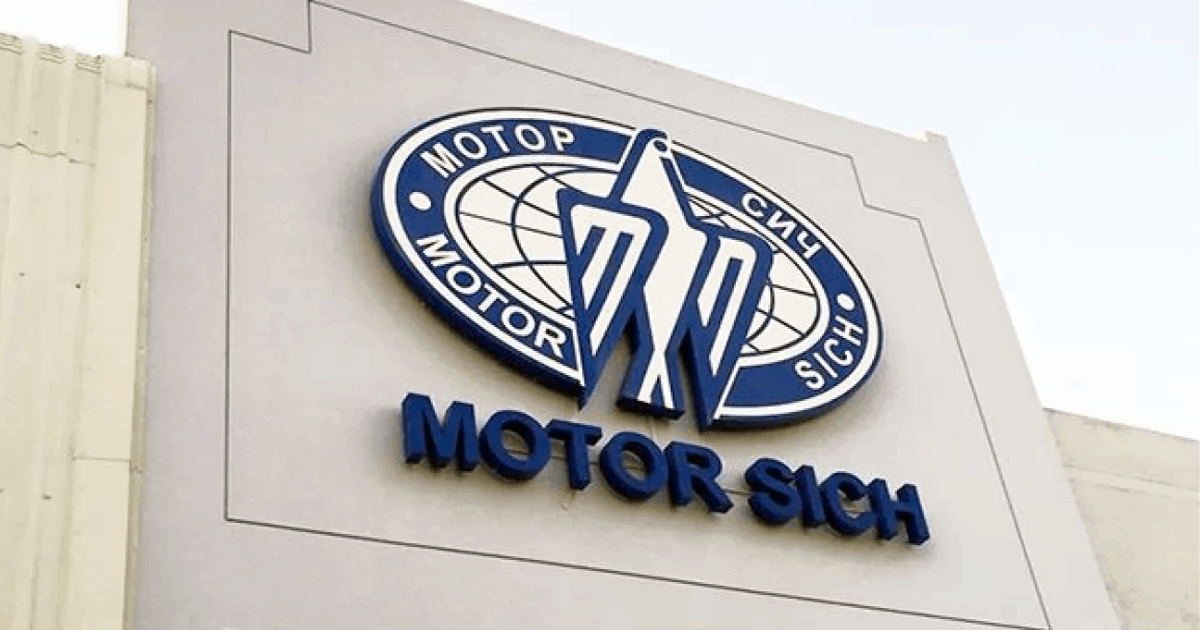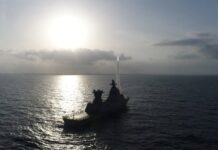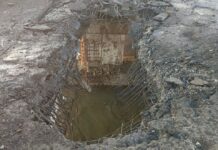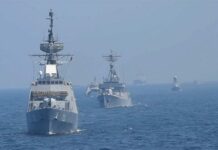Among the exhibitors of the Paris Air Show 2023, few companies have felt the sting of recent geopolitical events more than Ukrainian aircraft engine manufacturer Motor Sich. Since the start of Russia’s war against Ukraine, Motor Sich’s headquarters the Eastern Ukrainian city of Zaporizhzhia has been destroyed and the company’s contracts with Chinese end-users frozen.
As Supervisory Board Member Sergiy Korzh, pointed out during a conversation with ESD, Motor Sich has been on the front lines of aerospace cooperation with China. Due to the company’s traditional markets within the Soviet Union and the non-aligned world waning after the end of the Cold War, Chinese demand gradually emerged as an important source of revenue in the turbofan engine business. Motor Sich delivered AI-25 engines for China’s JL-8/K-8 trainer aircraft until the late-2000s and AI-322 for the JL-10/L-15 trainer, which has also been exported, until 2021. Deliveries under a new contract negotiated in 2020 for 400 units were about 30% complete when the war started.
According to Korzh, China’s ambiguous position echoing Russian framings by calling the war a “conflict” has led to the “freezing” of the contract until a different solution can be found. Motor Sich’s Chinese counterparts at AVIC have so far been “patient”, argues Korzh, as both sides are hoping for progress in the stalled commercial relationship. To ensure adequate servicing of over 400 Motor Sich engines operated in China, the company has applied to extend an existing maintenance contract with AVIC.

While not terminated completely, the indefinite suspension of further turbofan deliveries reflects the geopolitical ramifications of the war for a specialist aerospace firm. While Motor Sich representatives in Paris remain hopeful and point to market opportunities in third countries such as Turkey, the company’s future relationship with China could be challenged by factors beyond the current war.
In 2017, Chinese investor Skyrizon bought 41% of Motor Sich in an attempt to obtain a controlling stake in the company. While Skyrizon planned to invest in Ukrainian factories and establish facilities in China, the deal was eventually frozen by a Ukrainian court. Following another court ruling in 2021, Motor Sich assets were seized and the company nationalised. National security considerations including the transfer of critical technologies and capabilities to Chinese investors were key factors informing these decisions. “Of course they try”, argued one interviewee who requested anonymity, but China has nevertheless struggled to reach parity in aero-engine development.
In the context of the company’s nationalisation and China’s ongoing relatively friendly relationship with Moscow, it remains to be seen how Motor Sich’s future operations in the Chinese market will be affected.
Lukas Fiala










